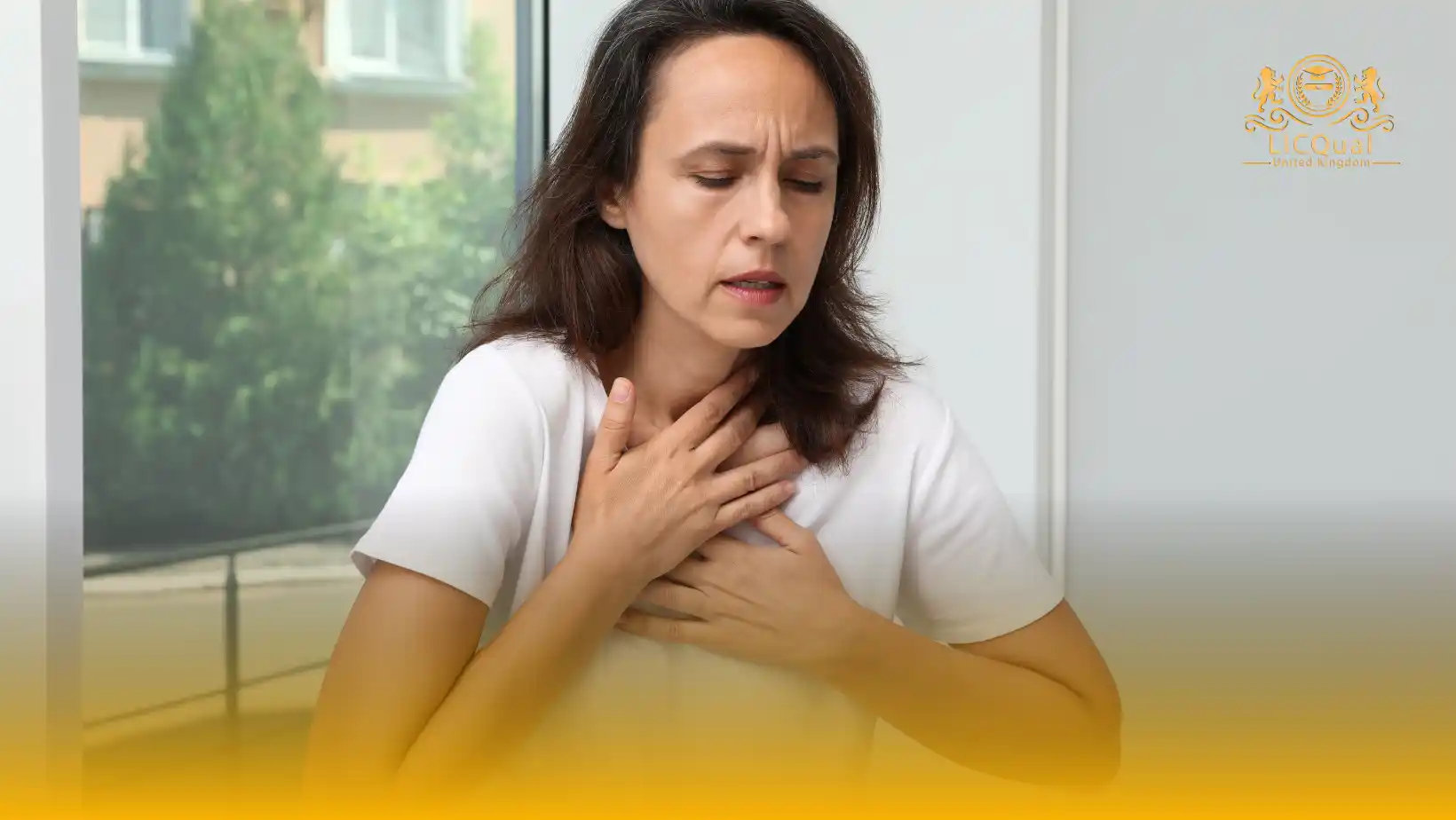The LICQual Level 3 Award in Anaphylaxis Management is a vital qualification designed to equip learners with the knowledge and practical skills needed to recognize, manage, and respond confidently to anaphylactic emergencies. Anaphylaxis is a severe, life-threatening allergic reaction that requires immediate intervention. This course provides comprehensive training on identifying early symptoms, administering emergency treatment such as adrenaline auto-injectors (EpiPens), and implementing prevention strategies.
Accredited at Level 3, the programme aligns with international health and safety standards, making it ideal for healthcare professionals, school staff, childcare workers, and anyone responsible for individuals at risk of anaphylaxis. By completing this course, learners will be empowered to act swiftly and effectively, potentially saving lives in critical situations.
Participants will learn about the causes and triggers of anaphylaxis, how to recognize the signs and symptoms promptly, and the correct use of adrenaline auto-injectors. The course also covers emergency response procedures, risk assessment, care planning, and communication with healthcare providers and emergency services.
Through interactive scenarios and expert instruction, learners develop confidence in managing allergic emergencies in various settings, including schools, workplaces, and healthcare environments. Upon successful completion, participants receive a Level 3 accredited certificate recognized by employers and regulatory bodies, enhancing their professional qualifications and readiness to manage anaphylaxis safely and effectively.
Course Overview
Qualification Title
LICQual Level 3 Award in Anaphylaxis Management
Total Units
6
Total Credits
6
GLH
12
Qualification #
LICQ2200606
Qualification Specification
To enroll in the LICQual Level 3 Award in Anaphylaxis Management, applicants must meet the following criteria:
|
Qualification# |
Unit Title |
Credits |
GLH |
|---|---|---|---|
|
LICQ2200606-1 |
Introduction to Anaphylaxis |
1 |
6 |
|
LICQ2200606-2 |
Recognizing Signs and Symptoms of Anaphylaxis |
1 |
6 |
|
LICQ2200606-3 |
Emergency Response Procedures |
1 |
6 |
|
LICQ2200606-4 |
Use of Adrenaline Auto-Injectors (EpiPen) |
1 |
6 |
|
LICQ2200606-5 |
Prevention and Risk Management |
1 |
6 |
|
LICQ2200606-6 |
Communication, Reporting, and Legal Responsibilities |
1 |
6 |
By the end of this course, learners will be able to:
Unit 1: Introduction to Anaphylaxis
- Define anaphylaxis and describe its common causes and triggers.
- Identify key risk factors associated with anaphylaxis.
Unit 2: Recognizing Signs and Symptoms of Anaphylaxis
- Recognize early signs and symptoms of anaphylactic reactions.
- Distinguish between mild and severe symptoms indicating life-threatening emergencies.
Unit 3: Emergency Response Procedures
- Demonstrate appropriate immediate actions during an anaphylactic emergency.
- Explain the importance of promptly contacting emergency medical services.
Unit 4: Use of Adrenaline Auto-Injectors (EpiPen)
- Demonstrate the correct technique for administering adrenaline using an auto-injector.
- Explain safe storage, dosage, and precautions related to adrenaline auto-injectors.
Unit 5: Prevention and Risk Management
- Implement effective strategies to prevent anaphylactic reactions.
- Develop or follow individual care plans and emergency action plans for allergy management.
Unit 6: Communication, Reporting, and Legal Responsibilities
- Communicate effectively with patients, caregivers, and healthcare professionals during anaphylaxis management.
- Accurately record and report incidents involving anaphylaxis.
- Explain the legal and ethical responsibilities related to managing anaphylaxis.
This course is ideal for:
- Healthcare Professionals:
Nurses, paramedics, doctors, and allied health staff requiring up-to-date anaphylaxis management skills. - School and Childcare Staff:
Teachers, teaching assistants, nursery workers, and childcare providers responsible for children with allergies. - Caregivers and Support Workers:
Individuals caring for vulnerable adults or children at risk of anaphylaxis. - Emergency Responders:
First aiders, community responders, and volunteers involved in emergency care. - Parents and Guardians:
Caregivers wanting to be equipped with life-saving skills to manage allergic emergencies. - Workplace First Aiders:
Employees designated to provide first aid in environments where allergic reactions may occur. - Anyone Interested in Allergy Safety:
Individuals seeking to increase awareness and competence in recognizing and managing anaphylaxis.
Assessment and Verification
All units within this qualification are subject to internal assessment by the approved centre and external verification by LICQual. The qualification follows a criterion-referenced assessment approach, ensuring that learners meet all specified learning outcomes.
To achieve a ‘Pass’ in any unit, learners must provide valid, sufficient, and authentic evidence demonstrating their attainment of all learning outcomes and compliance with the prescribed assessment criteria. The Assessor is responsible for evaluating the evidence and determining whether the learner has successfully met the required standards.
Assessors must maintain a clear and comprehensive audit trail, documenting the basis for their assessment decisions to ensure transparency, consistency, and compliance with quality assurance requirements.







